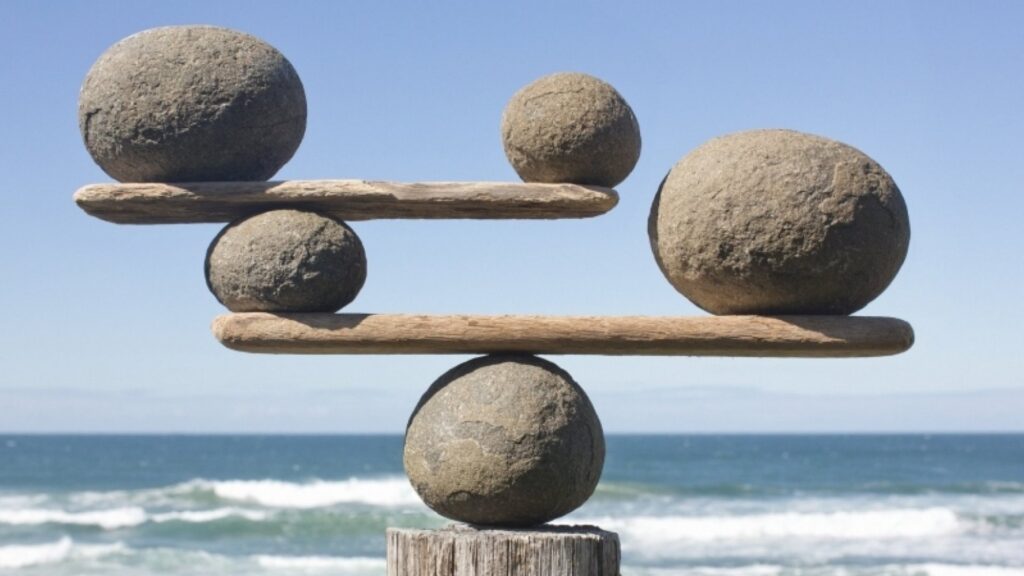When we hurt – our emotional reactions can take us over where the pain is so overwhelming we can’t think straight, and start behaving in ways we don’t recognize as ourselves. Anger, frustration, confusion can be mixed with a spiralling downward that leads to an unhealthy place. The same pain can also be our greatest guide. The key is distinguishing your authentic HURT versus where you are masking BLAME.
When someone doesn’t get what matters to you (usually our partners), it can drive you crazy, make you upset, feel disappointed. It could be as simple as the tone being spoken is disrespectful. It’s not so much what’s said, but how they say it. The way the dishwasher is stacked is not so much about how dishes are situated, but the impact of what happens as a result, and who has to deal with the outcome. How someone refuses to ask for directions can be a battle between someone’s fear of showing ‘weakness’, or needing control, and a desire to just get to the damn destination already.
How you manage the pain (as hurt or blame) in your conflicts will determine whether they bring you closer or tear you apart.
When my husband forgets to do something I’ve asked several times, or treats me in a way that lacks consideration, I feel hurt, sometimes even abandoned. I start thinking he must not care, doesn’t love me the way I love him, can be selfish. In short – he is doing something ‘not ok’ for me, and should know better.
This thinking has me blaming him for how I feel – my hurt, anger, frustration, or disappointment is his fault. It shows up in my tone, and expressions of ‘how could you not remember? How could you not get that….’ I’m in a state of ‘what’s wrong with you?’ against some way he’s chosen to be. It immediately sends him into ‘self-blame’, and automatic apologies that aren’t genuine. Occasionally there is defensiveness to justify his behaviour, which only escalates the conflict. He just wants to stop the pain he is now feeling, and there is no real resolution to the actual issue. It can go as far as him going into despair that has no opportunity to heal where I am now the cause of his pain.
Instead when I tap into my own hurt, what’s really bothering me is something deeper. His forgetting means what I’ve said several times didn’t register with him otherwise he would remember next time or genuinely apologize without me telling him to! We don’t live from the same ‘inside perspective’ where what matters to me, matters to him. If I can’t identify exactly what’s bothering me, he doesn’t have an opportunity to discuss whether that value is something he wants to shift, disagrees with, or even understands so nothing changes. He doesn’t get me.
He’ll forget to tell me when he has to work another week in the U.S. because he gets very focused on getting things done, and doesn’t seem to remember his work schedule affects me. He doesn’t separate the whites, but wants to help me with laundry. He forgets to call me when he decides to pick up groceries to see what I need. I’m grateful that he is dedicated, helpful at home AND there are things that aren’t working for me I need to communicate.
When I can share my genuine hurt, I recognize my own feelings belongs to me because of who I am inside. Any anger, frustration, and often disappointment – all belongs to me for something I value not being met. How can it be someone else’s fault for who I am? Any pain I’m feeling comes from my own sense of what’s right for me, and how I would behave in the same circumstances that isn’t happening.
So when my husband forgets to call from the grocery store – it still bothers me. He travels about 80% of the time so being a virtual single parent to our 3 kids while juggling my own career, an unnecessary trip to the grocery store makes a difference. What hurts is a lack of consideration for my time. It feels disrespectful that he doesn’t bother to call me. I’ve made it a rule “no matter what – whenever you are at a grocery store, just call me”, but he still forgets sometimes. I do remind him, and when he doesn’t remember I have to remind myself ‘he’s just being who he is.’ It’s not intentional.
It still bothers me because my time is valuable to me, but my practice is letting go of any blame. When my time becomes valuable to him, that’s when it will change. Until then I have to accept this is ‘how it is’, and he’s doing his best. We can move in the same direction because he agrees it would be better to avoid a second trip to the grocery store, and he wants to value my time. Sometimes he’ll offer to go back out again for what I needed, which is now his time! Slowly things move in the direction I need them to go where our shared value: respect for each other’s time is being honoured.
We all have expectations, which are really just ways we want other people to be based on our own moral codes of conduct. Until you can see each other’s different ‘right ways’ for what they really are, there is no hope to align yourselves in a way that allows you to grow together. It’s a bumpy ride when you speak what matters to you, and can get really messy because the blaming gets mixed with genuine hurt, and blocks what’s underneath. But as you begin to separate these what really matters comes into focus, and you can let go of the blaming.
Your genuine hurt are the emotions that connect you back to who you are however painful. Feeling these empower you to stand up for what you believe in.
Blame masking hurt believes someone else is causing your pain. You lose the space to choose, learn, and grow. Instead you feel a need to ‘teach someone a lesson’ or ‘punish’ with guilt or shame. These emotions separate you from yourself, and others. It escalates conflict where both sides lose. Your egos will be fighting each other, and there’s no winning that battle.
The reality is none of us are perfectly aligned with anyone – there is a gap and working to mange the space between you is the only way to effectively manage your conflicts. It’s the secret to deeper connection. Love seeks to understand, and comes from a compassionate place, without blame. Any hurt that shows up here is coming from your own self-love for what you value. Any blame (that comes from fear) will lead you to drama, stuckness, and conflicts that never seem to get resolved.
Ask yourself: What exactly am I not ok with when it comes to ______ behaviour? This is the ‘real work’ of any relationship – being true to yourself with someone else. Be open to what’s true for someone else by asking ‘what’s not working for you?’ It’s not about giving in, putting up with, having to sacrifice. That’s when you slowly give up on yourself, and begin to lose who you are.
What are you willing to stand up for? The parts of you that you love (eg. self-respect, your passions, connection, spiritual growth etc.) needs to stay intact for your own well-being. It’s not about being selfish, its ‘to thine own self be true’. Don’t let others change you. Don’t make others change for you. And be willing to grow in ways that you cannot see. When you can be you, and allow others to be who they are, this is the space that allows us to be the change in creating healthier, happier, more authentic relationships. That’s when the kind of love you deserve begins to unfold, and the levels you can experience of intimacy, and connection from here are just the beginning.
P.S. Moments after I posted this blog, my husband arrived home from the grocery store (didn’t know he was going after picking up our son, nope – no phone call, but he picked up these flowers for no reason other than knowing I love yellow flowers, sunflowers in particular…) How can I feel anything, but gratitude even when he forgets? This is how our love continues to grow..and I will have to make a trip to the groceries this week I could have avoided. It just is what it is…




